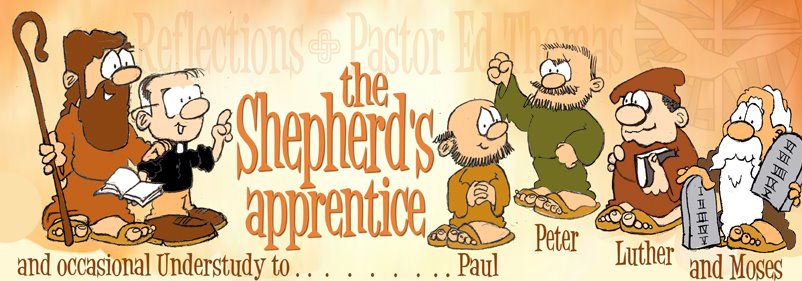the Lord says,
"Do not cling to
events of the past
or dwell on what
happened long ago.
Isaiah 43:18
GNT
1
An Account is Opened
2
Examine the Account
3
Take it to the Bank Manager
4
Close the Account
5
Don’t Re-Open the Account
This is the final step toward forgiveness.
And this is one of the hardest and most destructive things in a relationship.
Have you ever “fought” with somebody who kept reopening old accounts? “Well, seventeen years ago when we were driving to my mother’s house, you said …”
Stop it.
Yes, you were hurt in the past.
Yes, maybe there’s a frustrating pattern to their repeated behavior.
Yes, you certainly want to them to understand what they keep doing so that maybe they won’t do it again.
But it doesn’t work.
Yes, the other person is certainly a mess. But so are you. We all are. And what’s really messy is you refusing to really forgiving. If you keep re-opening old accounts, forgiveness is not in you.
Read that again: If you keep re-opening old accounts, forgiveness is not in you. And that means that you’re an equal villain – if not the real villain – in this relationship. Really. You’re the one who keeps poisoning the relationship.
When God forgives sins, he erases the past. The Scriptures tell us that “if we confess our sins, God who is faithful and just will forgive us our sins and cleanse us from all unrighteousness” (1 John 1:9). Cleansed. Erased. How thoroughly? “From all unrighteous.”
That’s the path to freedom in every relationship. It’s called grace.
So notice what I’m saying and not saying. I’m not saying that the other person’s sin is not destructive. Often it is. Nevertheless, unforgiveness is worse.
Think about it this way: Forgiveness is the most important thing on earth. Why do I say that? Because that was the whole reason that Jesus came down from heaven and died on the cross. And if he can forgive those who literally nailed him to a tree, you can forgive too. But if you keep re-opening old accounts, is it time to ask if Jesus is in you?
Ouch! I know that hurts. You see yourself as a victim. But wounding others back and destroying a relationship (even subtly) is not the path toward freedom. It’s a path to deeper bondage and destruction.
The path to freedom is the Via Dolorosa. That’s the road through Jerusalem that Jesus walked with a cross on his back. Some of the sins against us may be bloody, violent, and messy. They may feel like “your cross to bear.” No. Let Jesus come alongside whatever you are carrying. Then hand him the cross. Let him bear your hurt and shame. That’s what Jesus (and our faith in him) is all about.
Question of the Day: Are you ready to be free? What do you need to do to quit reopening old accounts?
In Christ’s Love,
a guy who doesn’t want
to wear a handle bar mustache
and be the evil villain of
a melodrama of my own making

